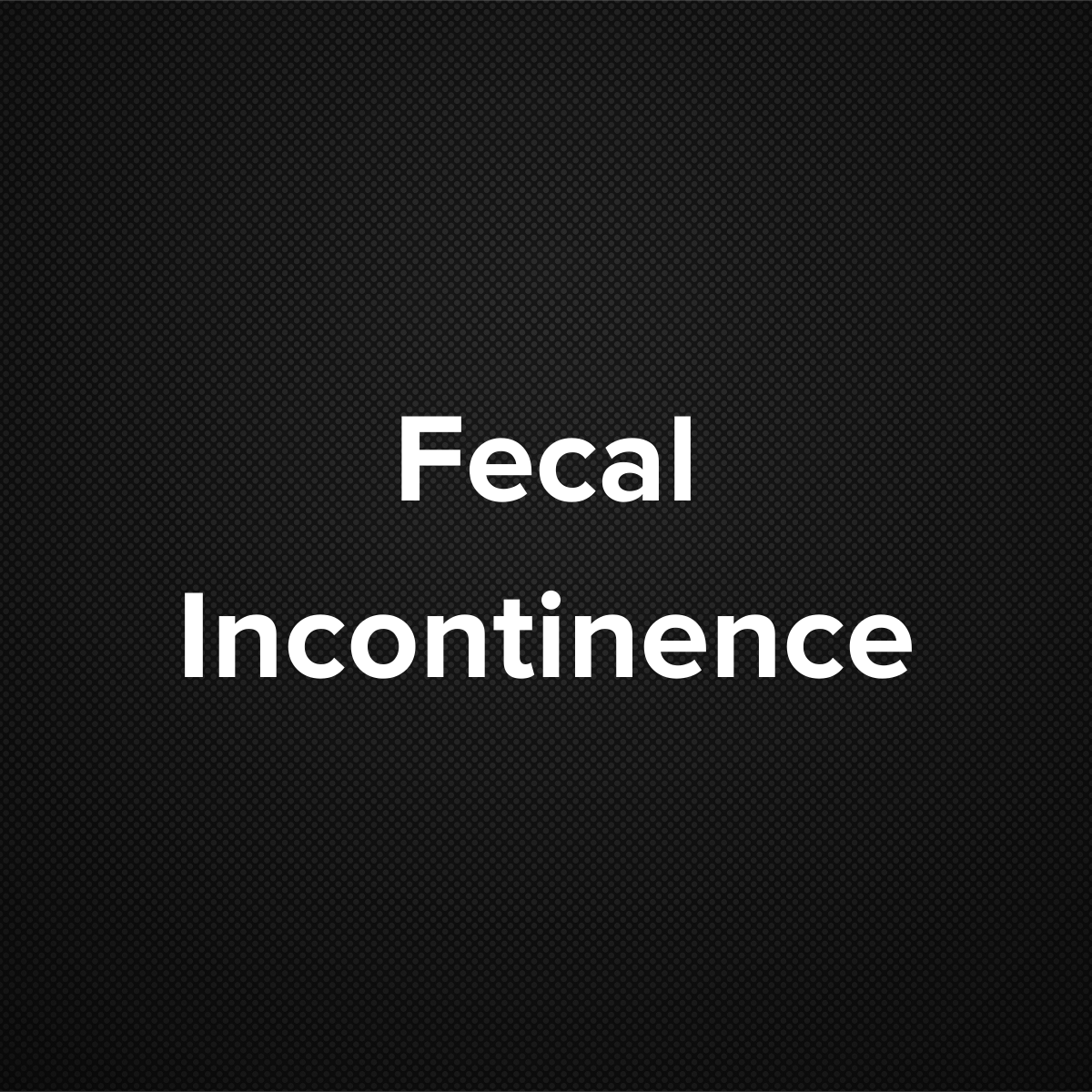Causes and risk factors
Causes of fecal incontinence are as follows – it can cause with normal sphincter and pelvic floor such as due to diarrhea, fistula in ano, constipation, etc. It can cause due to defective internal sphincter, i.e., due to trauma, vaginal delivery, rectal prolapse, prolapsed piles, neuropathies, myelopathies, or transverse myelitis. Fecal impaction because of old age, sedentary lifestyle, neurologic disorders, rectal malignancy, and anal infections can lead to the disorder. Use of certain drugs can also cause fecal incontinence.
Clinical presentation
Fecal incontinence is characterized by inability to hold bowel movement. There is urgency to pass stool. It results in accidental passing of solid, liquid stool, or mucus from the rectum. Minor incontinence consists of partial soiling or occasional incontinence of flatus or of loose or watery stool. Major incontinence is total lack of control of defecation. It is an embarrassing situation and can be very upsetting, having a psychological impact. Patients thus try to avoid socializing due to the condition.
Investigation
Medical history by the patient and clinical examination by the doctor helps in diagnosis. Colonoscopy is advisable to rule out colon diseases.
Treatment
Treatment depends upon the underlying cause. In case of normal sphincter, the underlying cause such as constipation or diarrhea should be treated. Proper diet with regular exercise is suggested. Fecal impaction is caused due to chronic constipation. High fiber diet is useful. Adding bulk to the diet helps reduce hard stools. Laxatives, stool softeners can give symptomatic relief. Avoidance of alcohol and caffeine is required. Medications to control bowel movements such as antidiarrheal medicines can be prescribed. Supportive care such as fecal retaining techniques, fecal collecting devices should be used. Surgical treatment consists of repairing the damaged sphincter or strengthening a structurally intact but dysfunctional sphincter. Strengthening pelvic muscles and improving bowel movements is essential.
Other Modes of treatment
The other modes of treatment can also be effective in treating fecal incontinence. Homoeopathy is a science which deals with individualization and considers a person in a holistic way. This science can be helpful in combating the symptoms. Similarly, the Ayurvedic system of medicine which uses herbal medicines and synthetic derivates is also found to be effective in treating fecal incontinence.






























